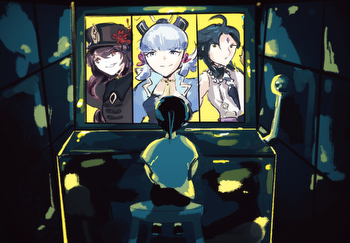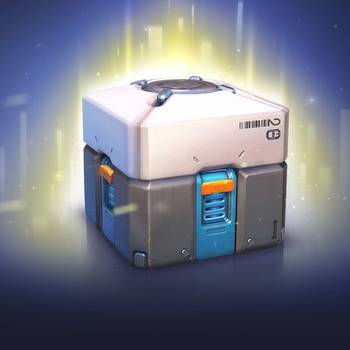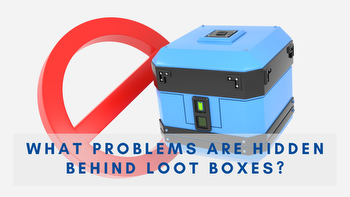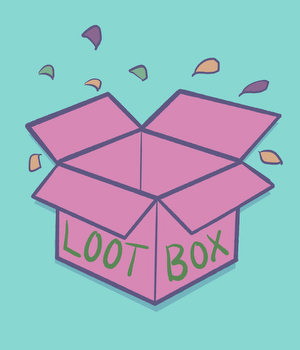Are video games loot boxes similar to slot machines?

In-game "loot boxes" are popular in online games. They give randomized virtual goodies to the player. To interact with or open the loot box, the user must meet certain criteria. This may be eliminating an in- game adversary, acquiring a specific virtual object, seeing embedded advertisements, or making a purchase with real-world money.
Loot boxes are gaming mechanics that offer randomized virtual gifts. The contents are revealed after you pay an average of $3. Loot boxes resemble gambling in structure and psychology. They are similar to slot games. They offer in-game commodities that can be purchased.
Global video game sales increased by almost 20% in 2020 to a record $175 billion. In the third quarter, U.S. video games sales rose by 24% from a year earlier to $11.2 billion, whereas Americans spent $22 billion on streaming movies in the last year.
According to St. John’s University, buying loot boxes is similar to inserting quarters into a slot machine. However, the purchase of loot box is not seen as gambling by individuals working in the video game industry.
Within the next two years, gamers will spend $50 billion yearly on loot boxes. This behavior is being taught to children. Some countries are already tackling the problem. In 2019, Missouri senator Josh Hawley sponsored legislation that would outlaw the sale of loot box to kids.







































